In a snub to Sadr, Iraq’s top court says it can’t dissolve parliament
Iraq's supreme court says it lacks the constitutional authority to dissolve the country's parliament as demanded by influential Shia cleric and political leader Muqtada al-Sadr.
In a ruling on Wednesday, which came in response to a lawsuit filed by lawmakers affiliated with Sadr, the country's apex court said it was only the parliament that could dissolve itself if it were to be found in default of its duties.
After the ruling, Iraqi security forces closed the gates to the heavily fortified Green Zone in Baghdad, the seat of the government, fearing angry reaction from Sadr's followers, according to reports.
The Arab country has been grappling with a political stalemate since last October when Sadr's parliamentary bloc won the general elections but refused to join an alliance with its fellow legislative factions to form a government.
Sadr and his followers have been calling for the parliament to be dismissed to pave way for fresh elections.
Last week, violent clashes between Sadr's loyalists and security forces led to the killing of at least 30 people, pushing the country to the brink of civil war.
It clashes followed the occupation of the country's parliament and the capital Baghdad's heavily-fortified Green Zone by the supporters of Sadr.
The violence came to a halt only after the top Iraqi clergy stepped in, prompting Sadr to order his supporters to withdraw.
The United Nations Security Council also “appealed for calm and restraint” in Iraq, urging different parties to refrain from violence and seek a political solution.
The leaders of the Coordination Framework, the rival parliamentary faction, say they are not opposed to early elections but they insist that the parliament should meet to vote on a new electoral law and dissolve itself.
Sadr opposes that and has called on the judiciary to dissolve the legislature, causing a political stalemate.
On Saturday, it was reported that the parliament staff was to return to work for the first time since July--when Sadr's followers stormed the legislature--as various factions agreed to hold national dialog to resolve the ongoing power struggle.
The development came as Speaker Mohammed al-Halbusi said the parliament had to "set a date for early parliamentary elections" and discuss the election of a new president and formation of a government.
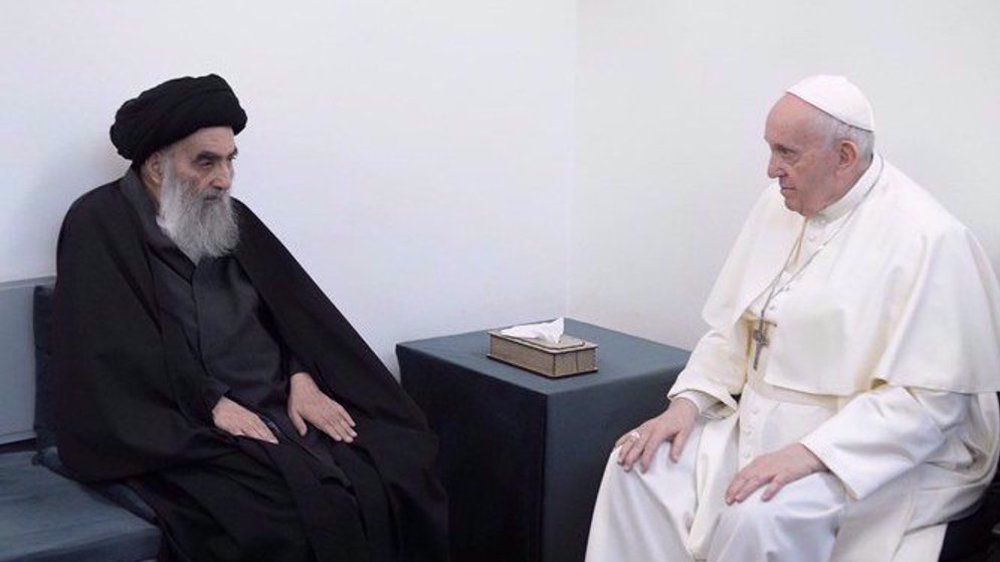
Ayatollah Sistani offers condolences on passing of Pope, hails his role in promoting peace
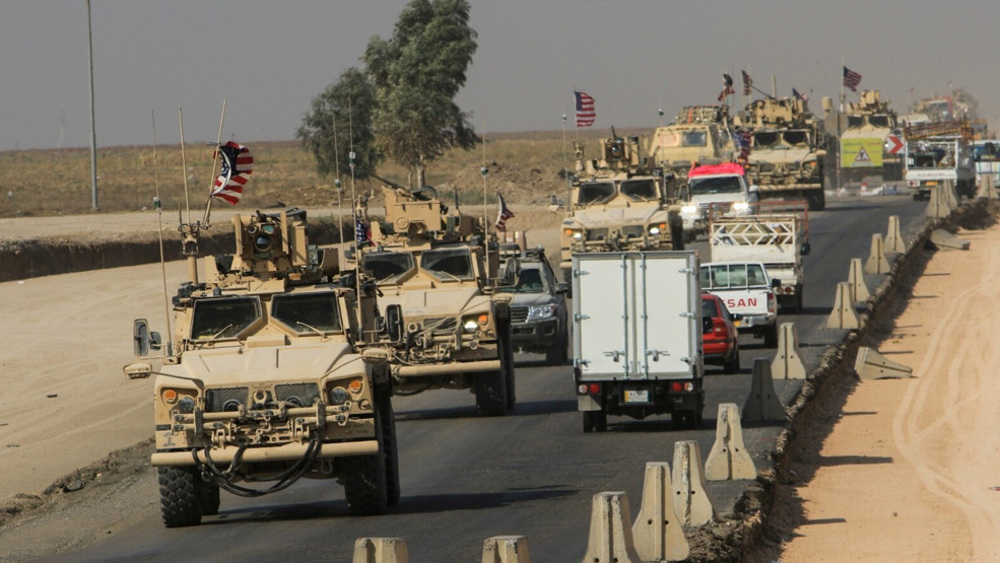
US arms convoys enter Iraqi Ain al-Asad base from Syria: Report
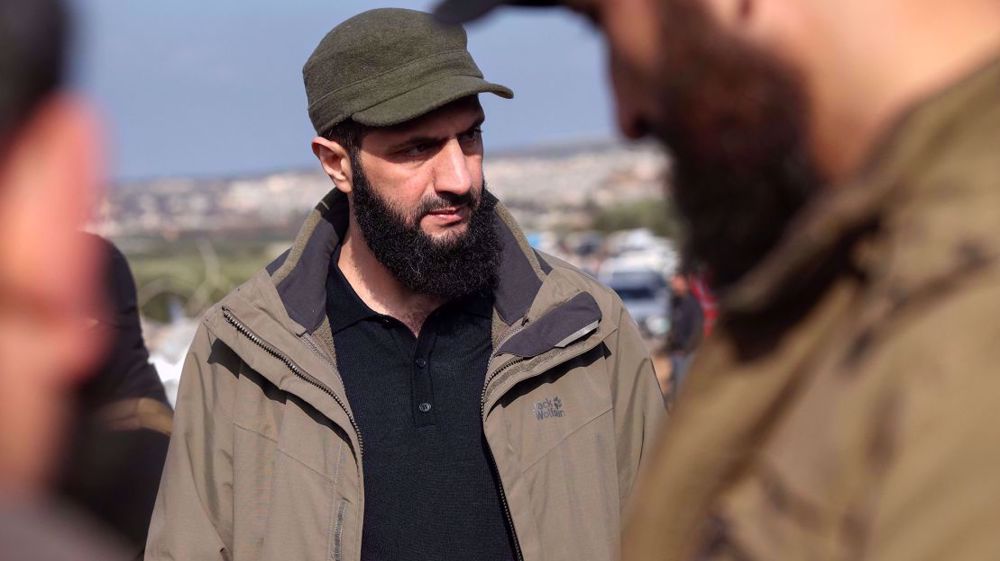
Syria’s self-proclaimed president can be arrested if he visits Baghdad: Iraqi figure
British firm supplying engines for Israel's killer drones: Report
VIDEO | Muscat negotiations, Yemen missiles
Canada should ‘never forget’ US betrayal; old relations ‘over’: New PM
Hamas welcomes ICJ hearings on Israel’s humanitarian obligations towards Palestinians
Biden officials refrained from exerting pressure on Israel for Gaza ceasefire: Report
Sheikh Qassem: Hezbollah fully committed to ceasefire despite Israeli violations
VIDEO | Press TV's news headlines
Euro-Med: At least 94% of those killed in Gaza are civilians


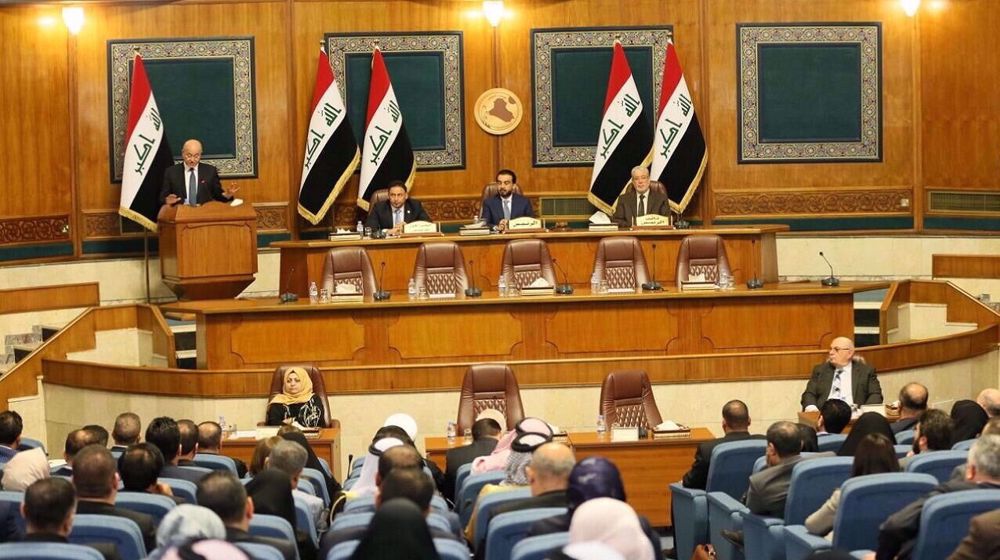
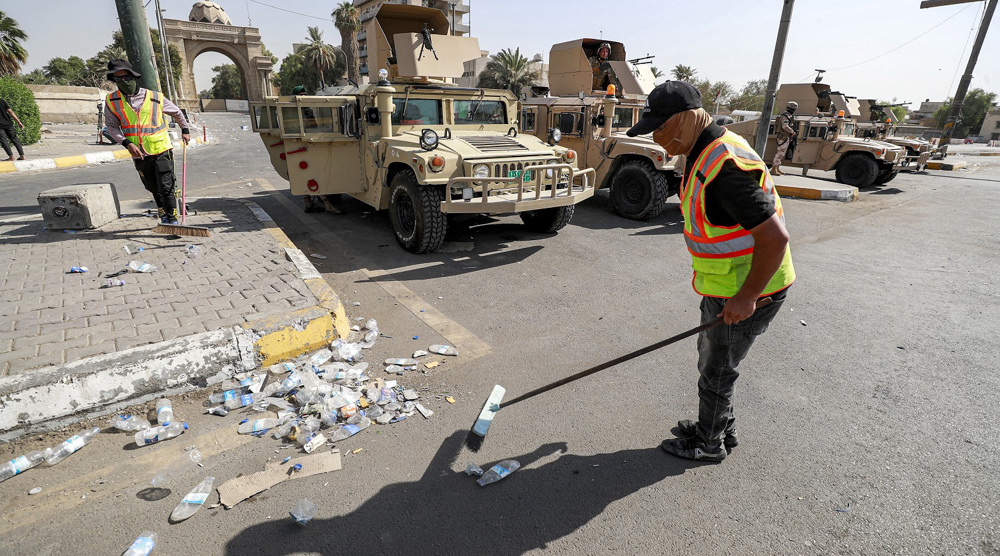



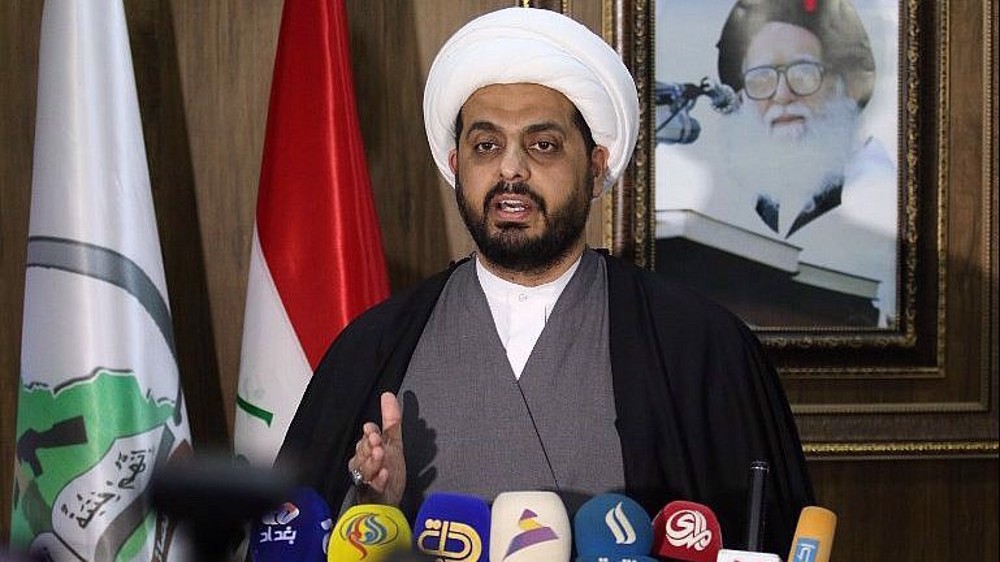
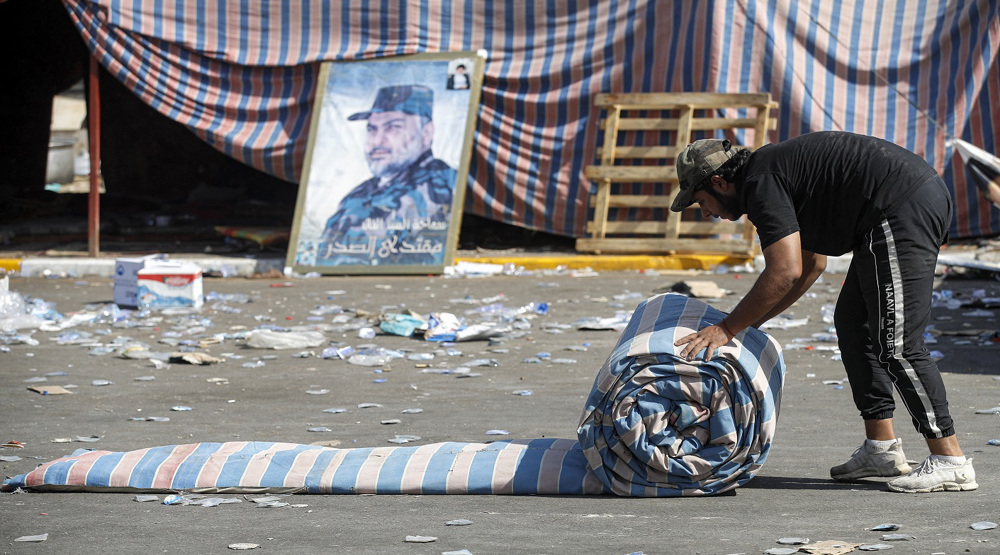
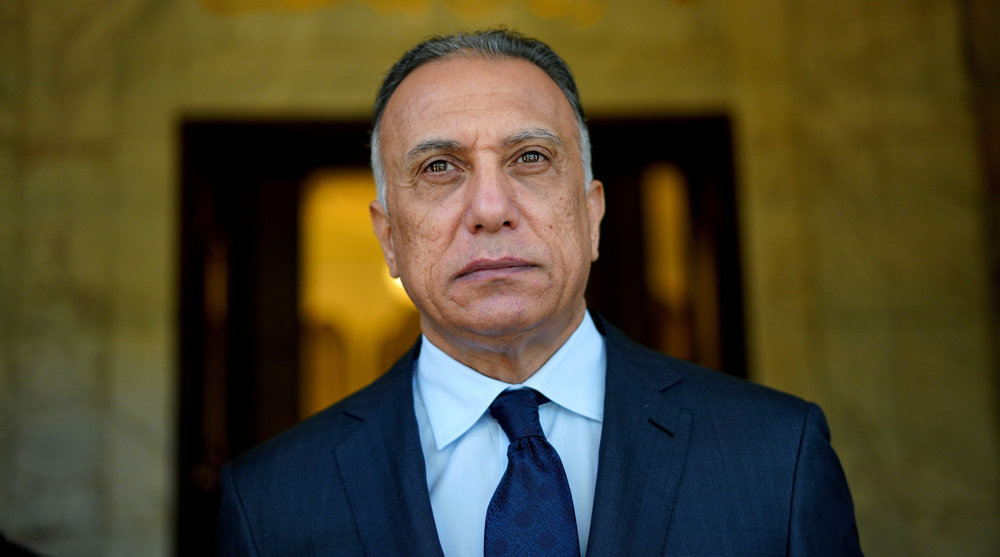

 This makes it easy to access the Press TV website
This makes it easy to access the Press TV website